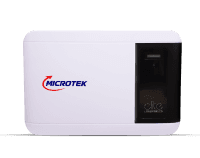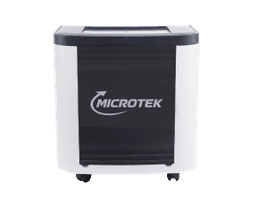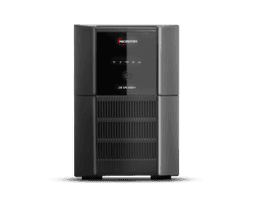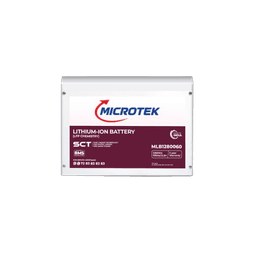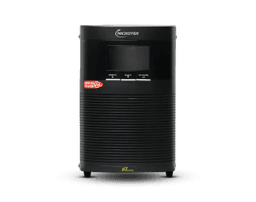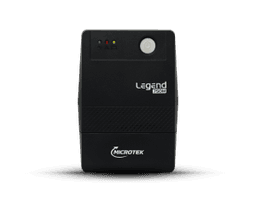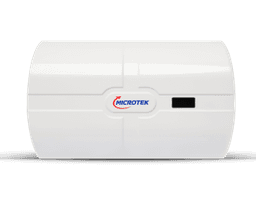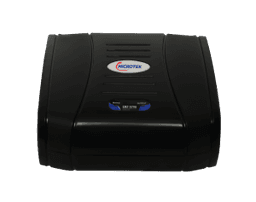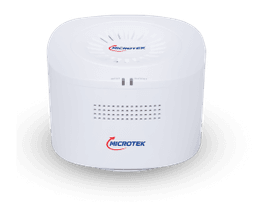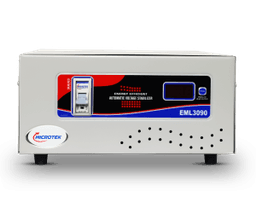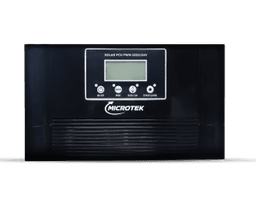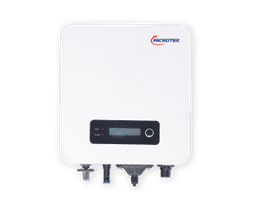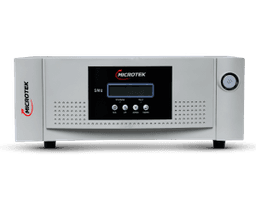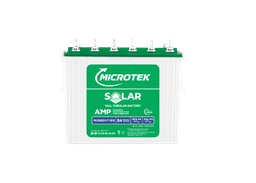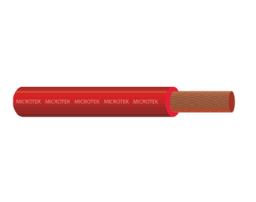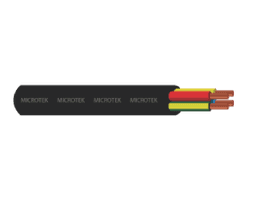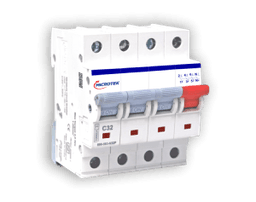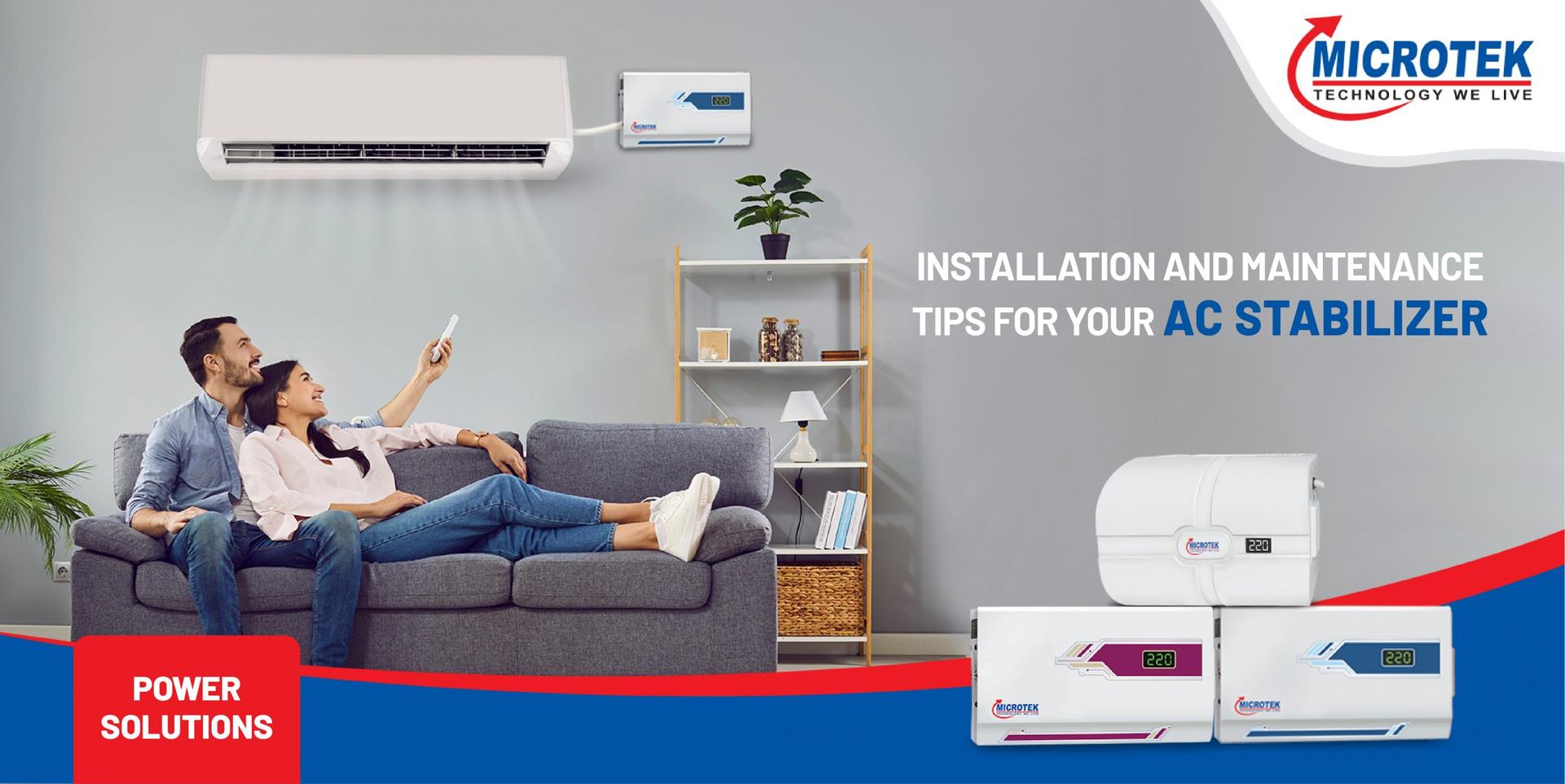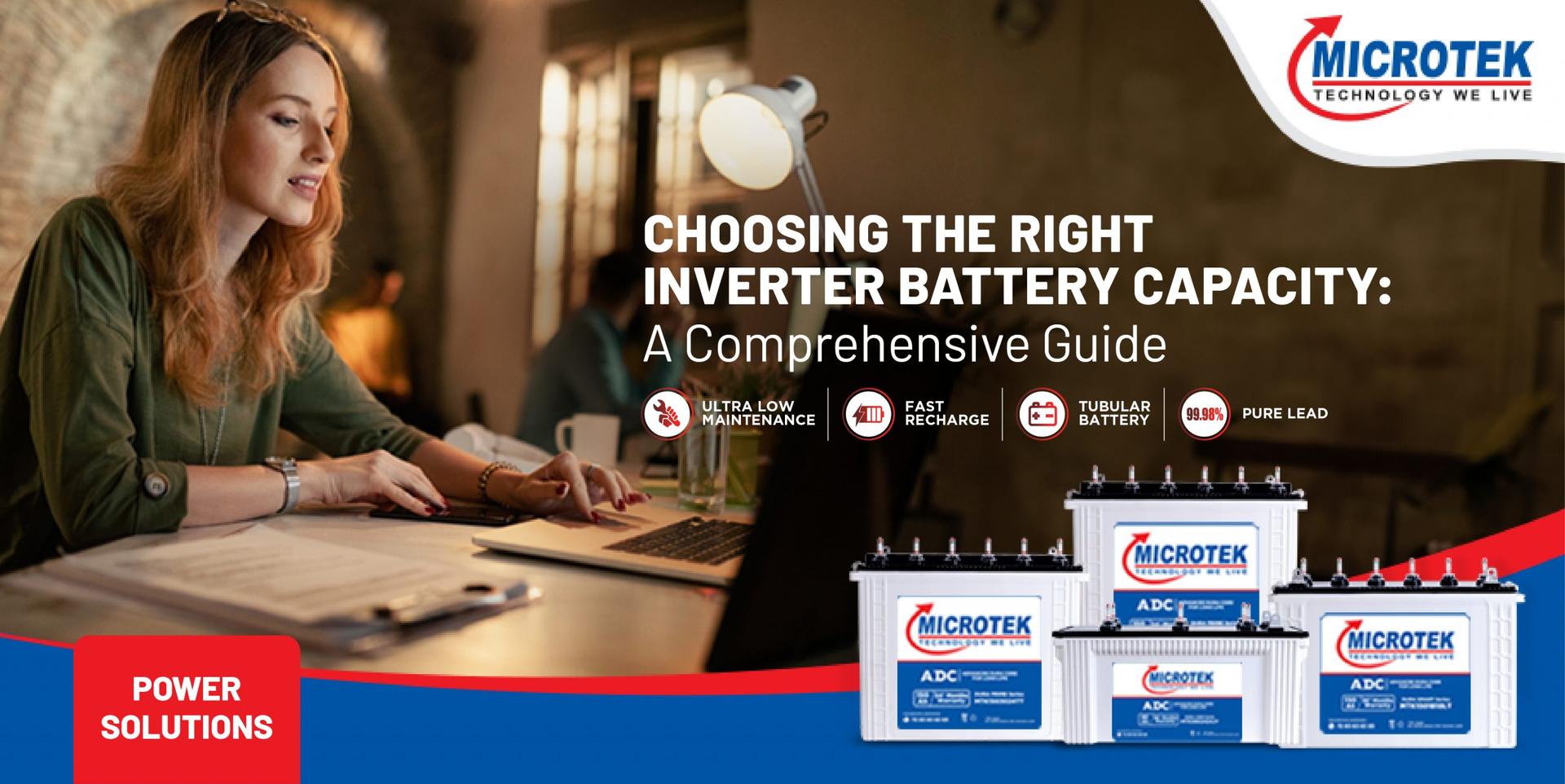
5 Quick Tips to Keep Your Inverter & Battery Safe During Summer
Summers in India can be tough. The temperatures shoot up. The heat becomes unbearable. And the power cuts? They just make it worse. That’s why an inverter and battery are a must in most homes today. They help keep your fan running, lights on, and life going, even when electricity takes a break.
However, here’s something most people don’t think about: your inverter and battery also suffer in summer. Just like us, they feel the heat too. If not cared for properly, they can get damaged, stop working, or wear out much faster than they should.
So, how do you make sure your inverter and battery stay safe and happy all through the summer months? Let’s find out from this blog
Tips on How to Keep the Battery and Inverter Safe!
Here are quick and simple tips to keep them in top shape.
1. Keep Them in a Cool, Ventilated Spot
This is the most important thing to remember. Batteries and inverters generate heat while working. And when the outside temperature is already high, this heat increases even more.
What to do:
Never keep the battery in a closed cabinet.
Don’t place it near windows where sunlight hits directly.
Always choose a cool, shaded spot for the inverter and battery.
Make sure the area has proper airflow.
Keep at least a 6-inch gap around the battery so air can pass easily.
When batteries stay cool, they work better. They also live longer. Heat can cause battery water to evaporate faster, which increases the need for maintenance.
2. Check Water Levels Regularly
Most inverter batteries, especially tubular ones, need water to work. This water is not regular tap water, but it’s distilled water. In summer, water inside the inverter battery evaporates faster because of the heat. If the water goes down too much, it can damage the battery plates and reduce the battery life.
What to do:
Check water levels every 30 to 45 days during summer.
Use only distilled water for topping up.
Fill water only up to the marked level. Don’t overfill.
Wear gloves if needed and keep the area clean.
Low water levels can affect battery performance and even lead to permanent damage. A quick monthly check is enough to keep your battery healthy.
3. Clean the Battery Terminals
Over time, the battery’s terminals will accumulate rust, dust, and white salt-like residue. This is known as corrosion and can severely influence how perfectly the battery will function. Corroded terminals mean:
Slower charging
Poor backup
More heat
Risk of short-circuit
What to do:
Turn off the inverter and battery before cleaning.
Use a soft brush and a little baking soda solution to clean the terminals.
Dry them properly with a clean cloth.
Apply a little petroleum jelly on the terminals to prevent future rusting.
Do this every few months, and your battery will thank you with smooth performance.
4. Don’t Overload the Inverter
In summer, we often feel like running every appliance when the power goes out. However, remember inverters are made to handle only a specific load. Pushing beyond that limit can cause heating, shutdowns, or permanent damage.
What to do:
Make a list of appliances connected to the inverter.
Know the total wattage they use.
Check the inverter’s max capacity (usually written on the unit).
If it's required, you should switch off certain items when the inverter is on.
Don’t try to plug all the heavy appliances, such as microwaves. You should only do so if the inverter is designed to handle such appliances.
5. Go for Regular Service and Health Checks
Just like you get your car serviced, your inverter and battery also need a regular check-up. This becomes even more important during summer when they are under maximum stress.
What to do:
Call a technician for a battery and inverter health check every 6 months.
Ask them to inspect voltage output, charge levels, and wiring.
Replace all the damaged connectors and wires.
Confirm if the inverter’s fan is functioning well to prevent overheating.
Ask the technician to test the battery’s backup capacity.
If your inverter has indicators or apps, use them to monitor battery health. Some smart batteries also alert you when maintenance is needed.
Why Microtek is a Reliable Choice?
When it comes to keeping your inverter and battery safe, choosing the right brand matters too. A good-quality product automatically performs better and needs less maintenance. We are a reliable name in the country when it comes to inverters, batteries, and home power solutions. Their products are designed for Indian weather, especially the tough summers. Here’s what makes us a smart choice:
Strong and durable inverter batteries
Heat-resistant design
Fast charging and long backup
Smart indicators for battery health
Tubular batteries are ideal for long and frequent power cuts
Great customer support and service network
Conclusion
Summer power cuts can be annoying. However, your inverter and battery make life easier. They offer you power. Other options don’t work. When you observe all the steps mentioned in this blog, it will let you enjoy a stress-free energy backup during the entire summer season. So, don’t try to wait for a breakdown to begin caring. Prevention is always better. And safer too. If you’re planning to upgrade your system or buy a new one, Microtek offers reliable, affordable, and durable options for Indian homes. Their products are built to perform well in all conditions, especially in our extreme summers. Keep your cool this season. Take care of your inverter and best inverter battery, and they’ll take care of you.
- Copy :

